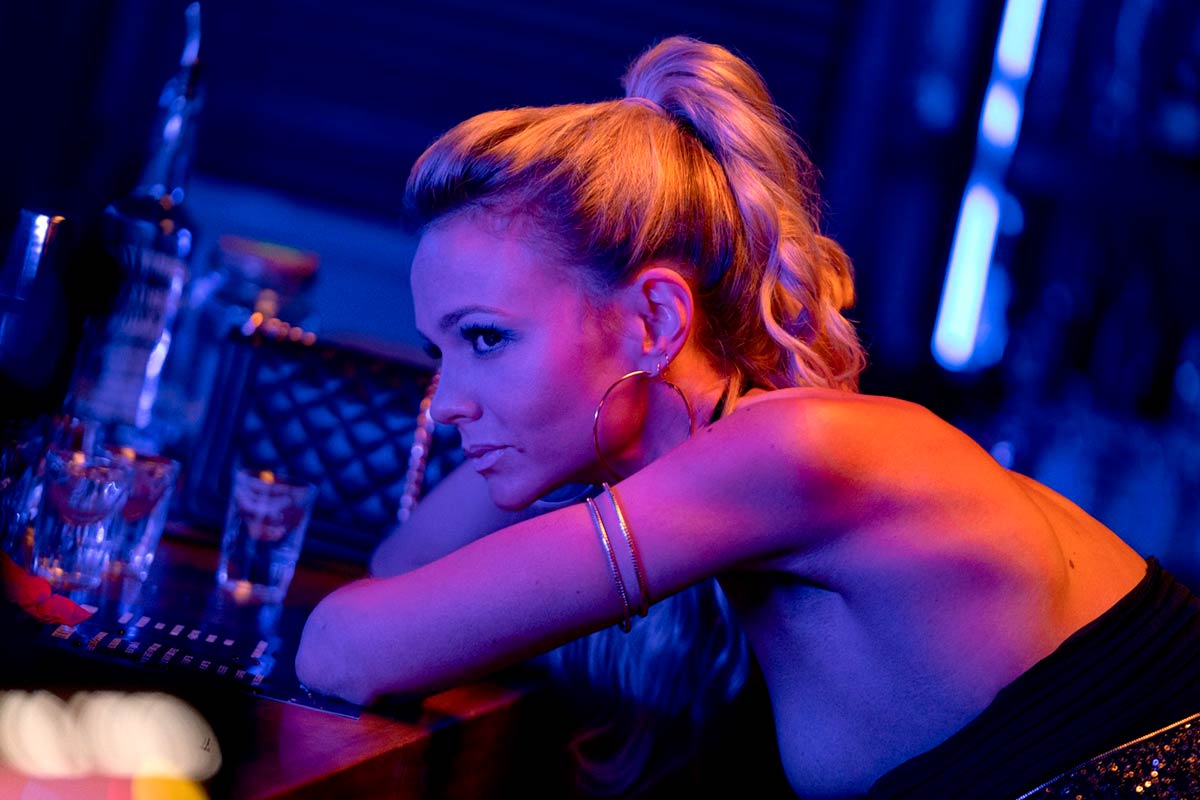Carey Mulligan’s latest film, the provocatively dark and twisted comedic thriller, “Promising Young Woman” — about a young woman, traumatized by a tragic event in her past, who seeks out vengeance against those who cross her path — has certainly sparked conversation on social media and within the film community. The actress recently sat down with the New York Times and, during her interview, vented about a deeply tone-deaf Variety review that seemingly attempted to critique her performance in the film based on her looks and suggesting that producer Margot Robbie should have been placed in the role instead for hardly substantive reasons (and is a superficial reading of the film that of course, entirely misses the point of the film).
“I read the Variety review because I’m a weak person,” Mulligan said. “And I took issue with it. It felt like it was basically saying that I wasn’t hot enough to pull off this kind of ruse.”
Here is an excerpt from the review in question: “Mulligan, a fine actress, seems a bit of an odd choice as this admittedly many-layered apparent femme fatale — Margot Robbie is a producer here, and one can (perhaps too easily) imagine the role might once have been intended for her. Whereas with this star, Cassie wears her pickup-bait gear like bad drag; even her long blonde hair seems a put-on.”
READ MORE: Carey Mulligan Doesn’t Think Hollywood “Represents Women Honestly In Film”
Carey seemed to be more shocked about the out-of-touch, dinosaur nature of the comment, given that superficial critiques of an actor’s appearance, hot or not, aren’t applied to male counterparts when it comes to reviews, especially high-profile ones from respected trades in 2020.
READ MORE: ‘The Dig’ Trailer: Carey Mulligan & Ralph Fiennes Excavate The Ghosts Of The Past
“It wasn’t some sort of ego-wounding thing — like, I fully can see that Margot Robbie is a goddess,” she explained. “It drove me so crazy. I was like, ‘Really? For this film, you’re going to write something that is so transparent? Now? In 2020?’ I just couldn’t believe it.”
It’s true; it’s wild to see such an antiquated, missing-the-point-reading of a film, and Mulligan continued to express her frustration with it. “We don’t allow women to look normal anymore, or like a real person. Why does every woman who’s ever onscreen have to look like a supermodel? That has shifted into something where the expectation of beauty and perfection onscreen has gotten completely out of control. I just don’t think that’s really what storytelling or acting needs to be about. Things can be beautiful without being perfect.”
The concerns do raise many issues, not only the plight of actresses concerning sexism and the double-standard in Hollywood, but the review industrial complex at the Hollywood trades, who is reviewing films and while. Maybe older, white males with no sensitivities to understanding such films’ nuances aren’t necessarily the best choices to be reviewing them. Maybe the overseeing editors should step up too.
Regardless, it’s worth amplifying the voices that call out people in an industry that really should be evolving with the times and looking for better ways to critique films beyond the leads’ out-dated attractiveness. As Mulligan suggests, acting like this reviewer’s gripe is acceptable continues to allow for shallow commentary normalization. Honestly, it’s not that hard to do a little better, especially in this more awakened day and age.
Update: Variety would like you to know they’ve since added an apology to the review. It reads as thus:
EDITOR’S NOTE: Variety sincerely apologizes to Carey Mulligan and regrets the insensitive language and insinuation in our review of “Promising Young Woman” that minimized her daring performance.





